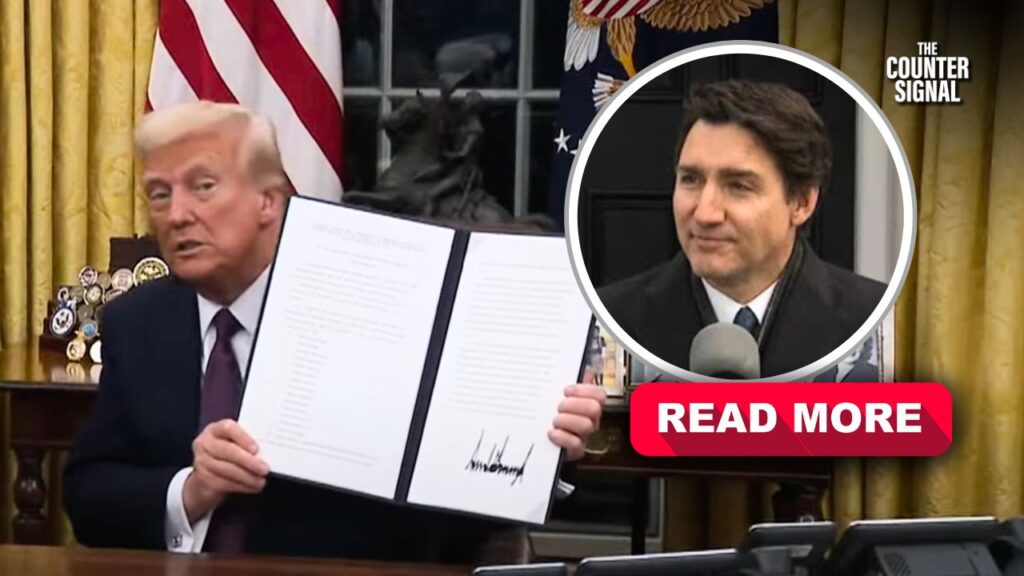Prime Minister Justin Trudeau’s decision to suspend democracy by proroguing Parliament has left more than two dozen government bills in limbo, with any chance of revival uncertain given the Liberal government’s lack of support.

Canadians may be happy to hear that the anti-free speech Online Harms Act is among those bills. However, unfortunately, other laws like the capital gains tax continue to be implemented based on a technicality.
Below are some of the most significant laws being impacted by the legislative gridlock.
The Online Harms Act (Bill C-63) has stopped dead in its tracks. The bill, which pledged to raise maximum sentences for hate propaganda to life imprisonment and gave the Canadian Human Rights Tribunal extrajudicial power to haul anybody before a quasi-court for what they post online, was lamented by free speech groups as a threat to Canadians’ freedoms. Bill C-63 is dead in the water, for now.
First Nations will be losing out on any hope of having access to basic necessities due to Trudeau’s decision to prorogue Parliament. Bill C-61, a First Nations Water Bill, hoped to fund water infrastructure in First Nations communities that still struggle with boil-water advisories. Trudeau has since killed that bill to save his party.
A bill designed to meddle in Canada’s election, called the Electoral Participation Bill (C-65), will also be halted. The Liberals introduced the bill to fight what they called “election disinformation” and expand mail-in voting options.
The Liberals’ sneaky attempt to open up citizenship to children born abroad has also been stifled with the Lost Canadian Bill (C-71) being impacted by prorogation.
Several measures included in the Fall Economic Statement have also been put on pause. Among those are amendments to immigration law that would allow Ottawa to suspend visas and change how it handles new permits to address immigration fraud.
Unfortunately, the capital gains tax, although it hasn’t passed Parliament, will still be collected by the Canada Revenue Agency.
The Department of Finance has said that new taxation rules are not impacted by prorogation as they follow different procedures in the way they are implemented. However, should there be any change to the government’s position on the tax following a leadership race, the CRA may stop collecting the tax when Parliament returns.










The Prancing Mincer is a dervish of destruction. Proroguing is not meant for him to use this way.